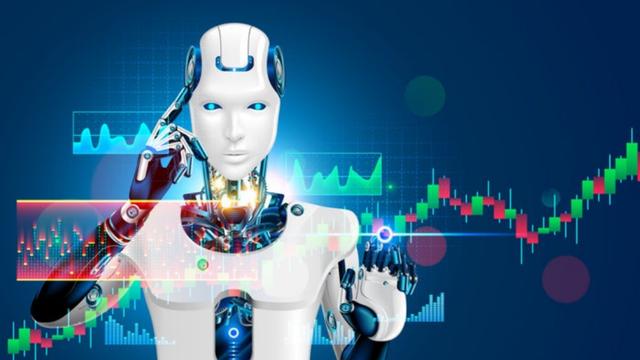Scientists created a prosecutorial Artificial Intelligence to accuse people with precision
Chinese scientists have taken a complex step between the world of technology and the judicial world. China has developed an AI prosecutor that can charge people with crimes with more than 97% accuracy based on a verbal description of the case, researchers say.
The AI can suggest sentences for alleged criminals, taking people out of the prosecution process.
The tool can file an indictment based on a verbal description of the case and was built and tested by the Shanghai Pudong People's Procuratorate, the largest and busiest district procuratorate in China.
This AI would allow human prosecutors to lighten their workload and allow them to focus only on the most complex cases, according to the lead scientist on the project, Professor Shi Yong. "The system can replace prosecutors in the decision-making process to a certain extent," explained the professor.
However, there are fears that the Chinese Communist Party could weaponize the system with human prosecutors concerned about who will take responsibility for AI decisions.

The system can run on a regular desktop computer and would file charges based on 1,000 human-generated features of the case description text.
The AI was trained using 17,000 real-life cases from 2015 to 2020 and is capable of identifying and filing charges for the eight most common crimes in Shanghai, which include "provoking trouble," a term used to suppress dissent in China from according to the South China Morning Post. These crimes include credit card fraud, gambling crimes, dangerous driving, theft, fraud, intentional injury, and obstruction of official duties.
It is expected that in the short term it will be able to recognize more types of crimes and bring multiple charges against a suspect once it is upgraded.
Although Artificial Intelligence technology already existed in the judicial forces, this would be the first time that it is involved in the presentation of charges. Prosecutors in China already use an AI tool to assess evidence and analyze how dangerous a suspect is to the public.
Many Chinese prosecutors employ an AI tool called System 206 in their work that can assess the strength of evidence, the conditions for an arrest, and the dangerousness of a suspect. But these types of tools "do not participate in the decision-making process, imputations or suggest sentences," warns Shi Yong.
It is also pertinent to mention the case of Germany, where image recognition and digital forensics are used to help with caseloading.
With this new advance in Artificial Intelligence in the judicial world, China seeks to boost the productivity of its institutions and prevent corruption, scientists explain.
However, this does not mean that there are no problems with this technology. Artificial Intelligence can help detect an error but cannot replace humans in decision making. The human, unlike an AI, can adapt to changing social norms and properly assess the context of each case.
